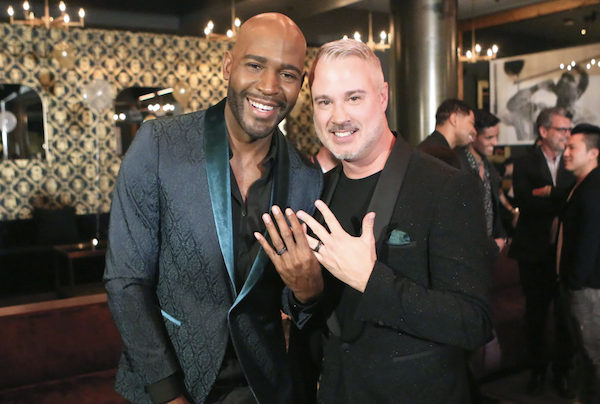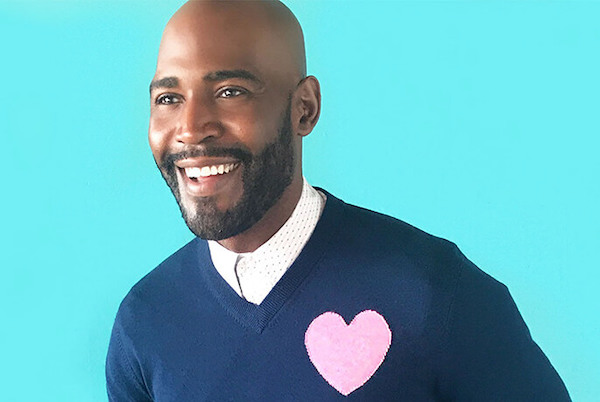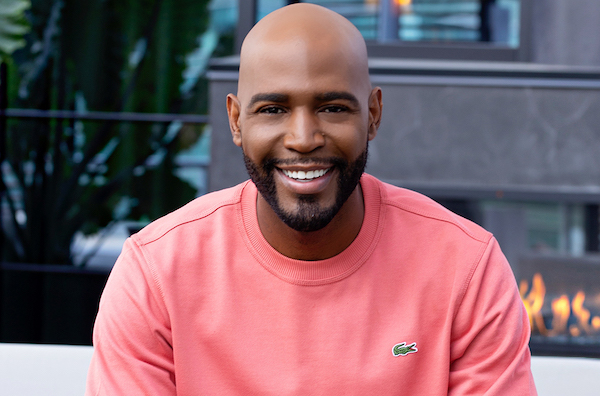A heart-to-heart between two grown men seems about as rare as bears who nunchuck — it’s a thing but not a common one — mostly because of the unprecedented levels of vulnerability required from both sides. But why is it that all sincerity flies out the window the moment a third party enters the room?
No really, why is that? We have a few ideas.
Let’s say you have a friend you go way back with — we’re talking childhood buddies — someone with whom characteristics like honesty, trust and mutual respect are usually synonymous. You’ve born witness to each other’s most embarrassing moments, regretful haircuts and hardest lessons, yet you remain rocks for each other to lean on. When one of you has been dumped, goes broke, loses a loved one, the other is there to pick him up. We’ll go as far as to say you’d each help the other move (on a weekend, no less), completely voluntarily with zero incentive of beer and pizza at the end (although, we like to assume there will always be beer and pizza at the end). You’d take a bullet for the guy, and he’d do the same for you. It’s never said, but it’s common knowledge.
So when you two are rolling in the deep, mano-y-mano, about life, love and the pursuit of government support, what causes the conversation to go from open and honest to close-minded and offensive — the sweet to very sour — when just one more person, more often than not another man, enters the picture? Why is it that three’s a crowd that turns your closest pal into a guy more likely to give you a wedgy or spit in your cereal than show a sign of affection when it’s no longer just the two of you?
Let’s consider the reasons, three pillars behind insincerity and how to eradicate them.
Insecurity
It’s difficult for many men to articulate what they’re feeling. Perhaps no one in their lives has previously taken the time to open that space up, but it’s also likely most men aren’t comfortable being completely vulnerable with one another; men tend to share small bits of their feelings or keep it very surface-level. To be secure with your thoughts and feelings is to share them in their entirety, albeit with a bit of brevity to respect the listener’s time, so that someone can really understand exactly where you’re at and what you’re going through. Otherwise, what’s the point?
By showing weakness, you’re actually showing strength. That’s what it is to be man enough.

Sarcasm, similarly, is the language of the insecure, regardless if it’s intentional. It serves to convey an idea without the sincerity needed to make it effective. Instead, it comes off smug or glib and can be hard to tell if the feeling is meaningful or exactly the opposite.
To avoid insecurity, try honesty without a side of crass humor, then add a dash of eye contact. You may find it deliciously refreshing. Although satire is scientifically-proven to help change a person’s opinion or misguided beliefs, true sincerity involves eye contact and a genuine conveying of ideas. Think about it: When you talk to your buddies, are you looking them in the eye, or are you allowing sports, women, or an ice-cold beer to be that third party that takes away your focus and, thus, your sincerity?
Jealousy
When a friend opens up about major life opportunities, at work or at home, their need for your advice on the subject suddenly can become extra personal when you compare their upward trajectory to your own life’s direction. In a way, their need for your advice is its own form of insecurity, and that’s OK. Sharing this information with you is their attempt to overcome that. So while you may be excited to be helpful in that moment, it’s hard to not eventually make it about yourself later on. That comparison can breed jealousy which can then breed into bitter resentment wherein you’re not only not happy for someone you care about, now you’re eagerly awaiting them to fall.

Is it because you feel they’ll no longer need you or your advice? Any attempt to hold a friend down or keep them on your level is its own form of insanity, which is not uncommon, but certainly is not a recipe for a healthy friendship.
If you want to overcome jealousy, simply realize that another’s happiness doesn’t cost you a thing. There’s plenty to go around, especially when it’s a friend. Not everyone deserves the things they get, good or bad, but if you can’t be happy for someone close to you, who has worked hard to get where they are or has overcome massive obstacles and life changes to make it happen, that’s a red flag right there, friend.
Try to be more supportive. Support is cyclical and shouldn’t be a surprise if good support then finds its way back to you on your own path.
Hypocrisy
What does it mean to be a hypocrite of sincerity? This happens when you speak and listen sincerely in one conversation and then immediately repeat it as gossip in another conversation. When you do this, not only do you become untrustworthy with vaulted information, but you’re now using something intimate you’ve learned in order to make someone else look weak. The only thing worse is being supportive to a friend’s face in one moment and then throwing them under the bus in the next simply because another guy is around who might actually witness your kindness or respect for your friend. This, for some reason, makes you feel weak?
Because it really shouldn’t.

Hypocrisy amongst friends feels like walking through a door you know well, only to have it suddenly hit you from behind on your way out. The more you do it, the fewer people will trust your opinions or your ability to keep theirs. We’ve all been gossips at several points in time, but if that’s your default setting for where to go when you have nothing better to say, maybe just don’t say anything at all.
Keeping the Sincerity Coming
Anyone can tell you that a real friend is someone who supports you whether you’re present to defend yourself or not. A good friend will stand up for you when others bad-talk the decisions you make as if the decisions of one are suited for the rest. What worked for you at 25 might not be working at 35, and to have someone call you an “idiot” for trying to do better is no friend at all. A good friend would risk their own reputation to stand up for yours. As we get older, real friends and good men seem harder to find, so appreciate the ones you have and stand by them through thick and thin.
The next time you’re in a group of three or more and feel the air of sincerity go out of the room, keep in mind that not everyone necessarily has historically seen true sincerity that they can model nor have they necessarily gained the self-confidence they need to stay sincere (or even just kind) in their friend groups. The best thing you can do is be the first to pull it back in. If you’re persecuted for it, stay in the pocket and call it out. If it continues to happen, it’s OK to put a little distance between those people.
Because odds are they get it, and eventually they’ll come around (but maybe not). If they don’t, you keep it small and stay sincere while you enjoy all the pizza in the end.

For more ‘Man Enough’ episodes, go here.
Follow us on Facebook and Instagram. Remember tag us in your most #manenough moments!
Cover image: NBC
https://www.instagram.com/p/CCB6p7HJONs/




